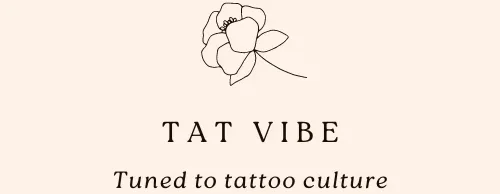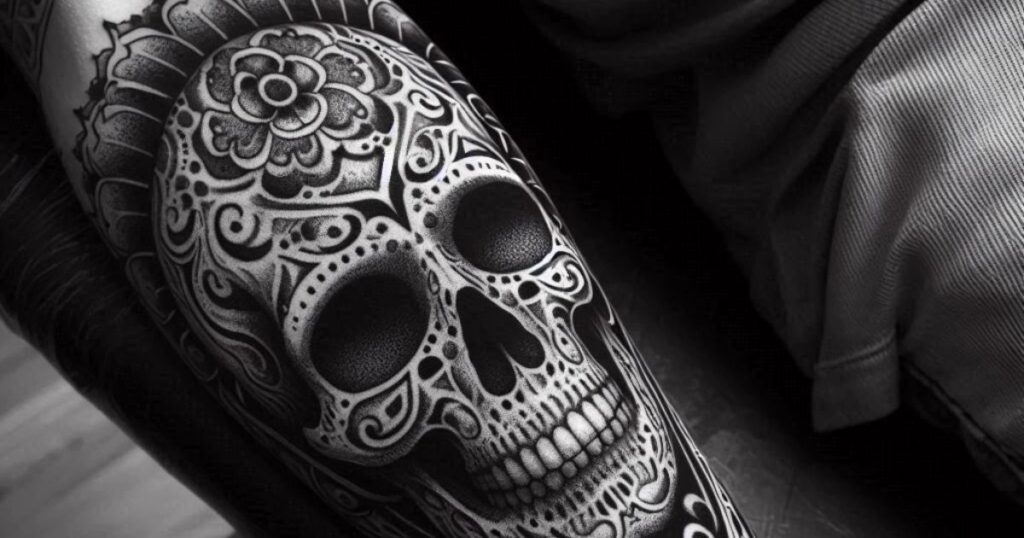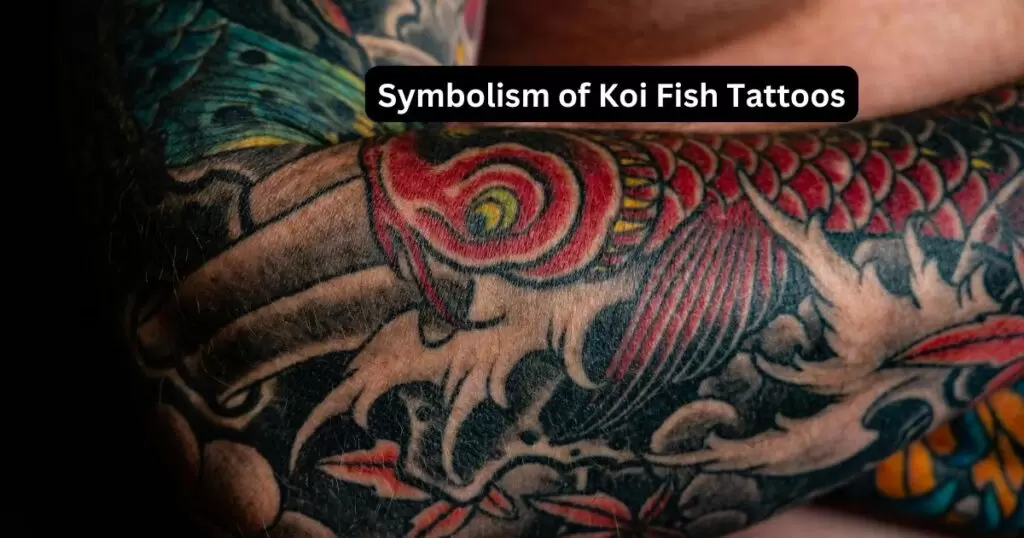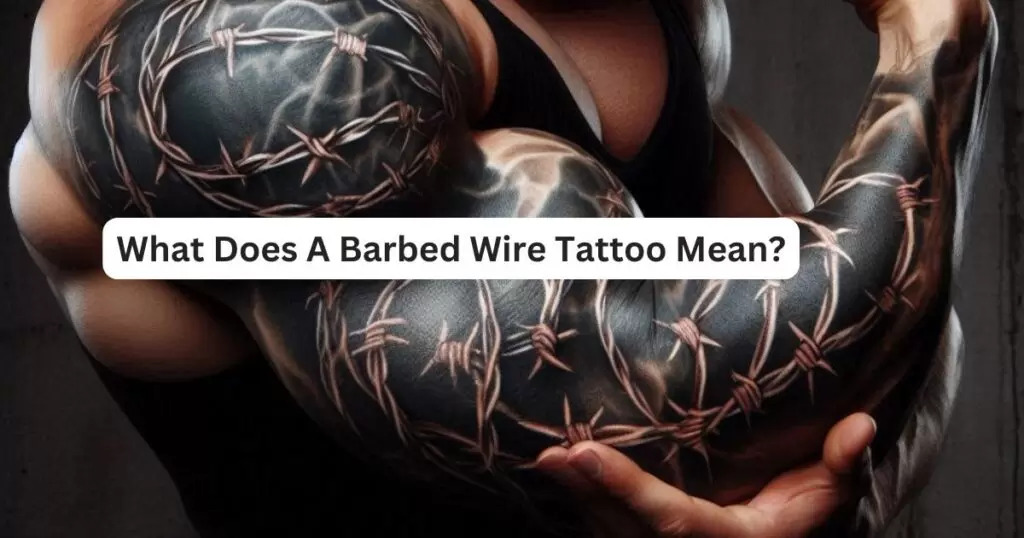A skull tattoo means mortality, representing death, the afterlife, or the cycle of life. However, its meaning can vary depending on the context, design, and personal interpretation of the wearer.
This article will explore the different meanings associated with skull tattoos and why people choose them.
Different Meanings of a Skull Tattoo
1. Symbol of Mortality
The skull is one of the most common symbols of death and mortality. For many, a skull tattoo serves as a reminder that life is short and that death is inevitable. This theme resonates with people who want to live fully, embracing each moment. The image of a skull can also help people confront the idea of death with acceptance rather than fear.
2. Rebirth and Transformation
While skulls are traditionally linked to death, they can also represent rebirth and transformation. In various cultures, the skull symbolizes the passage from one life to the next or a change in one’s life path.
Some people get skull tattoos after significant life events, using them as markers of personal growth or transformation. This could be a sign that they have left the past behind and are starting anew.
3. Cultural Significance
Skull tattoos also carry deep cultural meanings. For instance, in Mexican culture, the “sugar skull” tattoo, commonly seen during the Day of the Dead (Día de los Muertos), is a celebration of life and death. The sugar skulls are colorful and festive, symbolizing the belief that death is not the end, but part of life’s cycle. These tattoos honor deceased loved ones while celebrating life.
Similarly, Celtic skull tattoos often incorporate knots and patterns, representing the interconnectedness of life, death, and the spiritual world.
4. Protection and Power
In some traditions, skulls represent protection and power. Ancient warriors would sometimes wear skulls to invoke the strength of the deceased or as a talisman to ward off enemies.
In tattoo form, a skull can serve as a symbol of toughness, fearlessness, or resilience. Many people choose skull tattoos to express their inner strength or to signal that they have overcome challenges.
5. Freedom and Nonconformity
A skull tattoo can also be a statement of freedom or non-conformity. Many people who get skull tattoos do so to reject societal norms or to show their rebellious side. This meaning is especially common in the punk, biker, and tattoo communities, where skull imagery is often used to challenge traditional views on death and life.
The skull tattoo may symbolize a person’s defiance in the face of adversity or a refusal to be constrained by fear.
6. Remembrance and Tribute
For some, a skull tattoo is a way to remember a loved one who has passed away. The tattoo can be a tribute, honoring the person’s life while acknowledging their death.
In this context, skull tattoos often incorporate other elements such as names, dates, or symbols that reflect the personality or interests of the deceased.
7. Artistic Expression and Style
In addition to its symbolic meanings, many people choose skull tattoos for their aesthetic appeal. Skull designs can range from realistic to abstract, black and grey to vibrant and colorful.
For some individuals, the tattoo may not carry a deep meaning but instead reflects their personal style or appreciation for tattoo art. The versatility of the skull design allows for endless customization, making it a popular choice for those who value creativity in their body art.
Skull Tattoo Designs and Their Impact on Meaning
The style of a skull tattoo can also affect its interpretation. Below are some common skull tattoo designs and what they might represent:
- Realistic Skull Tattoos: These tattoos focus on creating a lifelike representation of a human skull. The starkness of a realistic skull tattoo often emphasizes themes of mortality and the harsh realities of life.
- Sugar Skull Tattoos: Inspired by the Mexican Día de los Muertos celebration, sugar skull tattoos are often colorful and cheerful. They represent the joyful remembrance of loved ones who have passed away and can signify love, respect, and a celebration of life.
- Skulls with Crossbones: A classic design often associated with pirates, a skull and crossbones tattoo traditionally symbolizes danger or rebellion. Today, it can represent independence or a refusal to conform to societal norms.
- Animal Skull Tattoos: Animal skulls may have similar meanings to human skulls, often symbolizing death and the cycle of life. Depending on the animal, they may also represent different characteristics such as wisdom, strength, or agility.
- Skull and Roses: This design contrasts the harshness of the skull with the softness of roses, symbolizing the balance between life and death. It may also represent the beauty of life despite its fragility.
A Summary
A skull tattoo can mean different things depending on the wearer’s intentions, cultural background, and the design itself. While the skull is traditionally associated with death and mortality, it can also symbolize transformation, protection, or personal strength.
Some people choose skull tattoos purely for their visual impact, while others invest them with deep personal significance. Ultimately, the meaning of a skull tattoo is shaped by the individual wearing it.




